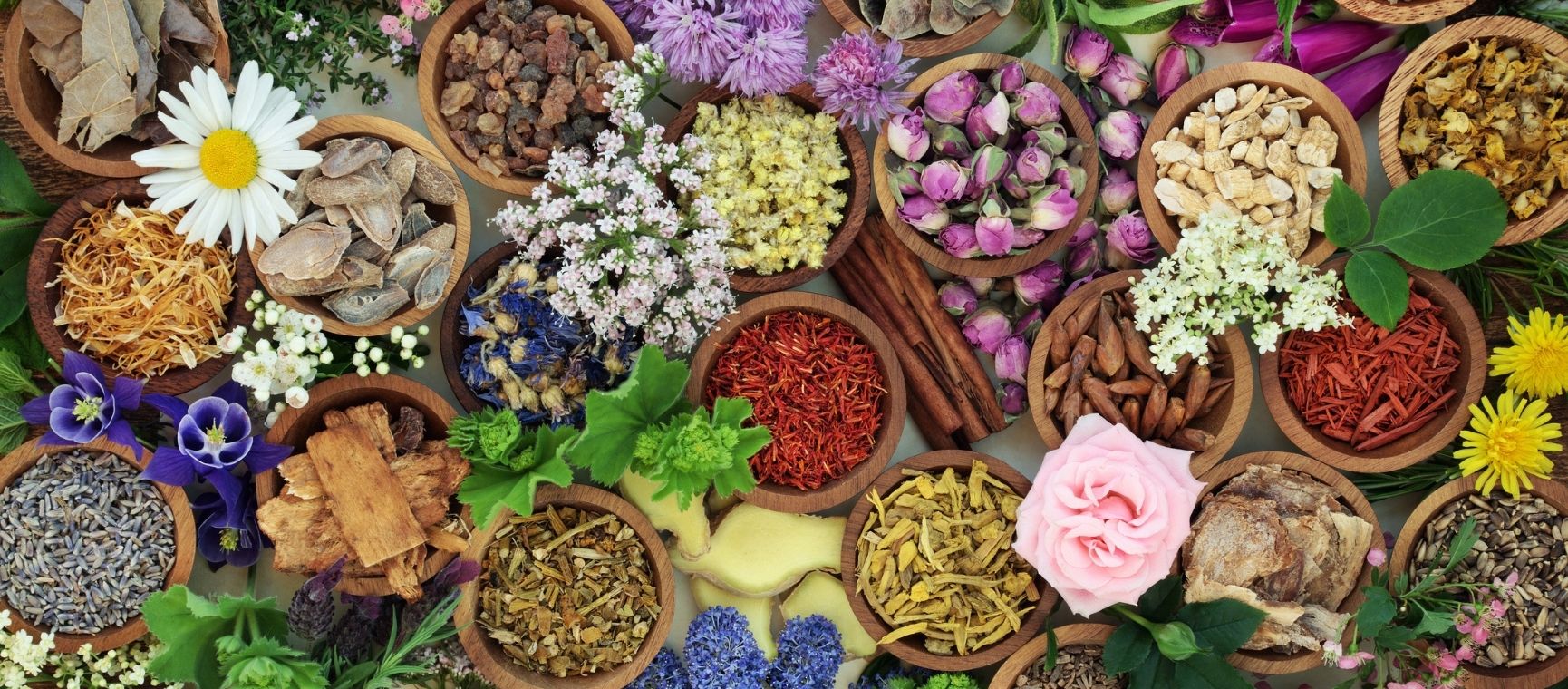
Herbs have been used as medicine since time immemorial and even now four in ten drugs derive from natural remedies.
But which are best for older people – and how safe are they?
We've spoken to experts who've suggested five herbs which may be worth adding to your diet.

Turmeric is the rhizome of a plant native to India and southeast Asia. Part of the ginger family, it gives a vibrant yellow hue to food and has potent anti-inflammatory properties.
A review of studies on curcumin (a key ingredient) for knee arthritis in 2021 found it improved pain and function compared to a placebo, with results similar to anti-inflammatory drugs like ibuprofen and naproxen.
Other research suggests turmeric may help prevent heart disease, protect the nervous system and slow neurodegenerative conditions.
It also shows promise in repairing cell damage, regulating blood sugar levels and preventing age-related muscle loss. One 2024 study suggests it may be a useful add-on to blood pressure-lowering drugs.
Turmeric contains curcuminoids, natural anti-inflammatory plant compounds that are thought to block proteins that trigger inflammation, reduce levels of harmful chemicals produced during inflammation and activate pathways that calm it. They also reduce enzymes that cause pain. However, curcumin is hard to absorb and breaks down quickly.
“Look for a formulation with a minimum daily dose of 700mg curcuminoids,” advises Kevin Leivers, pharmacist and founder of online natural products firm The Naked Pharmacy.
Avoid turmeric if you are taking new-generation blood thinners called direct oral anticoagulants (DOACs). Seek GP advice if you are taking certain acid-reducing drugs, like PPIs, or diabetes medication.
“However, turmeric is safe in food for everyone,” says Katherine Bellchambers, former director of the National Institute of Medical Herbalists.

A rising star of the herbal world, bergamot derives from the pulp of sweet-smelling citrus fruit the size of an orange, yellow or green in colour, and native to Calabria in Italy.
Essential oils from the skin provide the fragrance of earl grey tea.
“More than 200 studies now show that bergamot reduces cholesterol,” says Leivers. They include a 2016 study showing that bergamot significantly reduced total cholesterol, ‘bad’ LDL cholesterol and blood fats called triglycerides, while boosting ‘good’ HDL cholesterol in people with moderately high cholesterol in just four months.
Other studies have shown that it can enhance the effects of specific statins such as rosuvastatin. A 2020 review found that bergamot-derived plant chemicals helped quell metabolic syndrome, a cluster of risk factors for heart disease, stroke and Type 2 diabetes.
“The recommended daily dose is 1,000mg of 40% bergamot polyphenols,” Leivers adds.
Bergamot contains five plant compounds (neoeriocitrin, naringin, neohesperidin, melitidin and brutieridin) that are responsible for its therapeutic action.
“Research shows that these ‘bind’ to bad fats in the gut and also change the way the liver processes fat. Bergamot fruit does not deplete [the antioxidant] CoQ10 so you don’t have the muscle aches you may get with statins and you can take them alongside a statin,” explains Leivers.
“If you aren’t already taking a statin you may want to try bergamot on its own and have a cholesterol blood test before you start and after three months to check it is working for you,” suggests Bellchambers.
“If you’re already on statins it’s safe to take bergamot but get your blood fats checked regularly as you may need to reduce your statin dose.”

An ancient tree native to China whose leaves and seeds have long been used in traditional Chinese medicine.
The latest scientific research mainly focuses on ginkgo leaf extract.
“It’s a great herb for improving circulation to the brain,” says Leivers.
Clinical trials suggest it may improve memory and behaviour in conditions such as Alzheimer’s, although more research is still needed, according to a 2024 review in the journal Antioxidants.
“Plants produce chemicals in response to stress as they grow. These extra plant chemicals have health benefits for humans who consume them,” says Bellchambers.
“Ginkgo contains a unique spectrum of these, including ginkgolides, which improve oxygen uptake in the brain and reduce oxidative stress on the body, so reducing inflammation.”
Leivers suggests taking 150mg daily: “Look for a minimum strength of 24% glycosides and 6% terpene lactones.”
Avoid if you are taking blood thinners (for example, warfarin, aspirin), antidepressants (such as Prozac, Zoloft), and NSAIDs (ibuprofen, naproxen).
It can also cause reactions in people allergic to alkylphenols, chemical compounds found in ginkgo and other plants.

A flowering plant from the daisy family native to North America, widely recognised for its immune-modulating properties.
The latest study, a meta-analysis of 30 clinical trials published in the journal Antibiotics in November, provides compelling evidence that taking a supplement of freshly harvested echinacea purpurea can reduce the likelihood of contracting a respiratory tract infection (RTI) by 32%, decrease risk of recurrent infections by 40% and reduce complications of respiratory infection by 56%.
“Echinacea improves the ability of the immune system to spot foreign invaders such as viruses and bacteria, as well as supporting the way it responds to these bugs, especially the type of viruses that cause the common cold, influenza, and upper respiratory tract infections.
"It also has direct antiviral activity,” explains immunologist Dr Jenna Macciochi, at Sussex University.
“Take 700–800mg dry extract equivalent once daily for prevention, increasing this dose to three times daily if an infection looms.”
Seek advice from a specialist herbalist, pharmacist or doctor if you have an autoimmune condition or are taking immune suppressant medication.
Avoid if you have TB, HIV/AIDS or sarcoidosis.

The inner bark of a tree native to North America, traditionally used to soothe a sore throat and ease digestive problems such as acid reflux and heartburn.
A review in journal Intestinal Research hailed slippery elm bark as a potential treatment for inflammatory bowel diseases like Crohn’s and ulcerative colitis, due to its antioxidant properties.
“Slippery elm is what we call a mucilage (a soft soluble fibre). When mixed with water, it quickly and evenly distributes, forming a soothing protective film along the digestive tract,” says Leivers.
“When taken an hour before prescribed drugs, slippery elm will not reduce the absorption of medications, making it a beneficial and versatile addition to supplements supporting digestive health.”
Actually, it’s an extremely safe herb, according to our experts.
“Recommended daily dose depends on symptoms but is usually between 200mg and 1,000mg,” says Leivers.
Bellchambers adds, “If taking antibiotics, take them one hour before or two hours after taking slippery elm as it might interfere with absorption.”
Some drugs react badly with herbs, so seek professional advice.


Health insurance for people over 50 that provides a quicker route to diagnosis and planned medical treatment in a private facility.
Underwritten by Bupa Insurance Limited.

Every issue of Saga Magazine is packed with inspirational real-life stories, exclusive celebrity interviews, brain-teasing puzzles and travel inspiration. Plus, expert advice on everything from health and finance to home improvements, to help you enjoy life to the full.
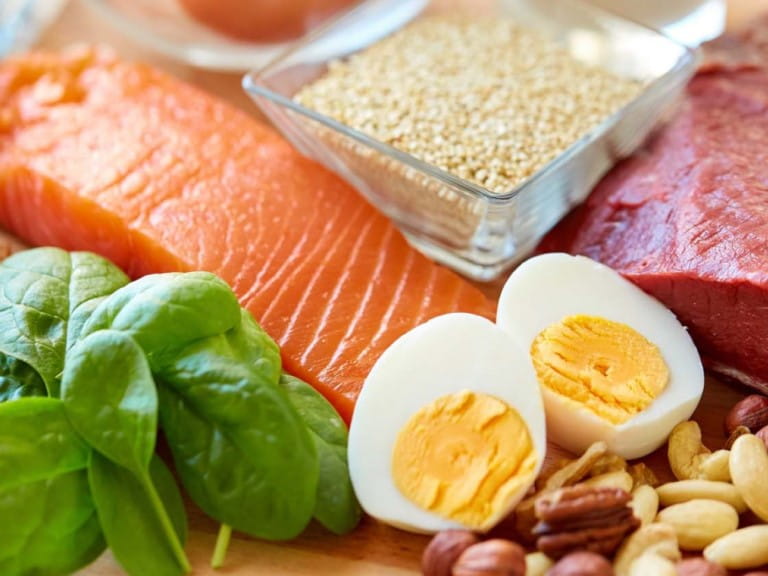
Everything you need to know about protein, from what it does for your body to the best high protein foods – and how much you really need.


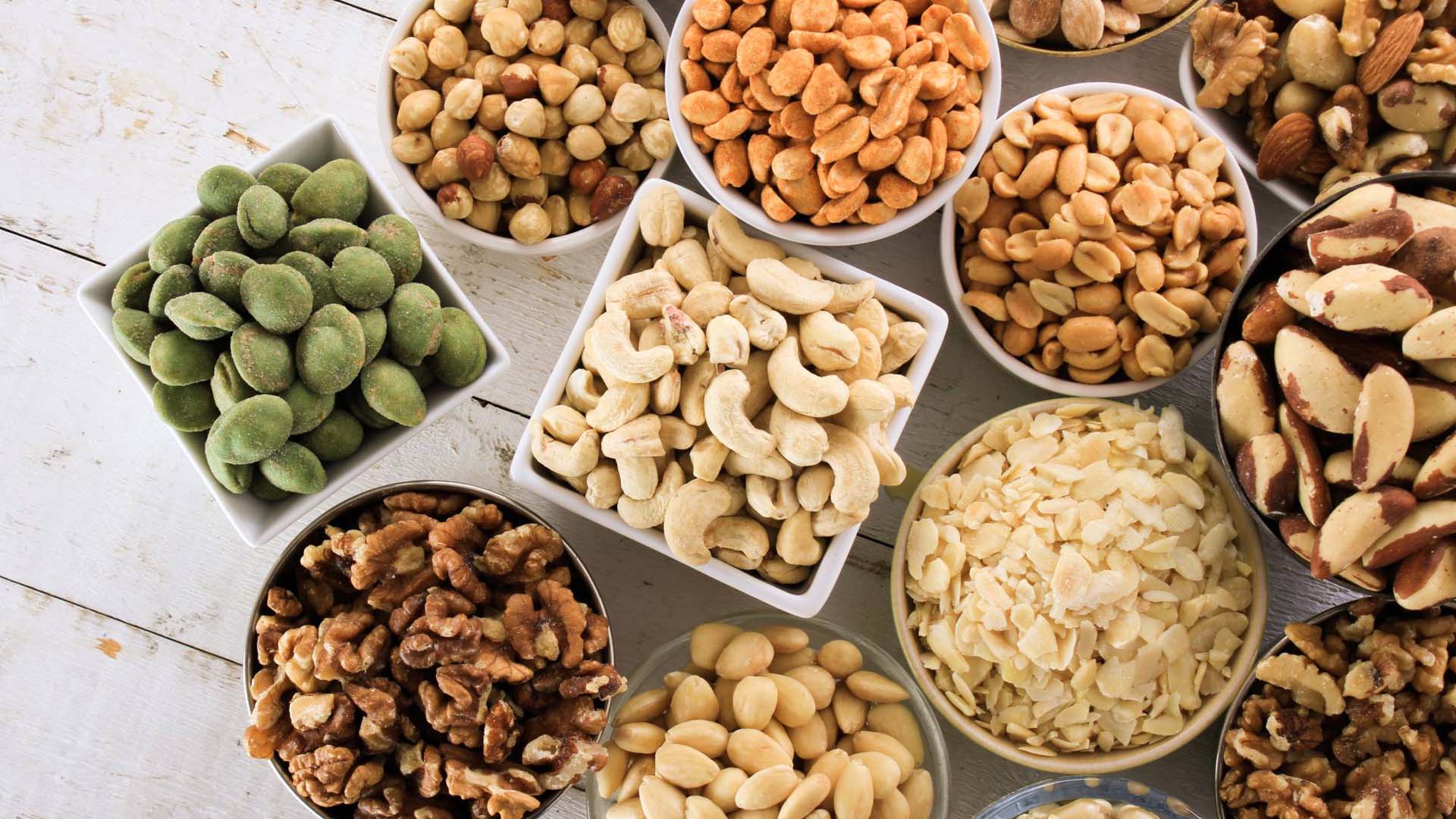
Let’s roast the myths! Not only are nuts less fattening than once feared, research shows they can cut the risk of heart disease too
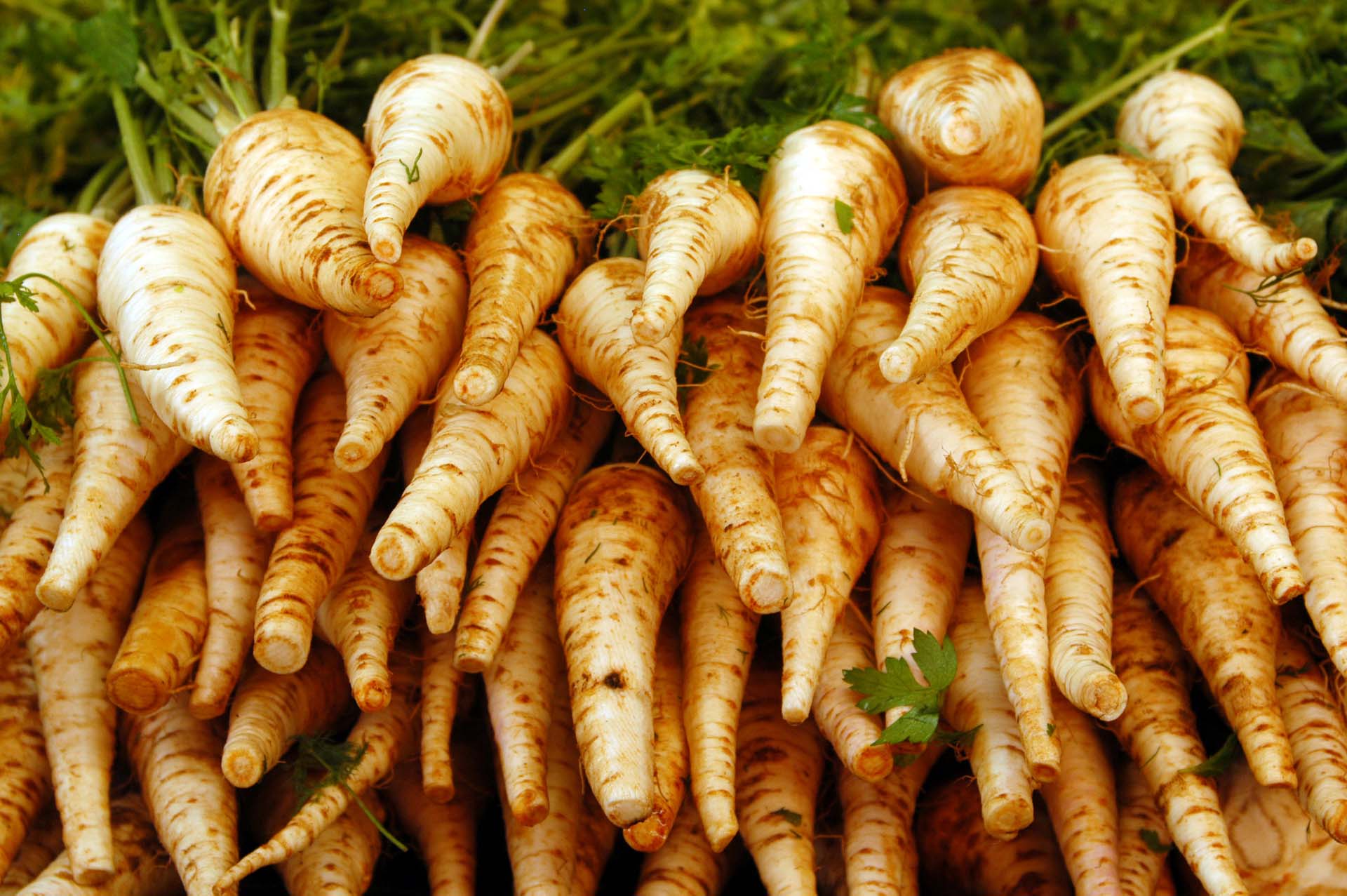
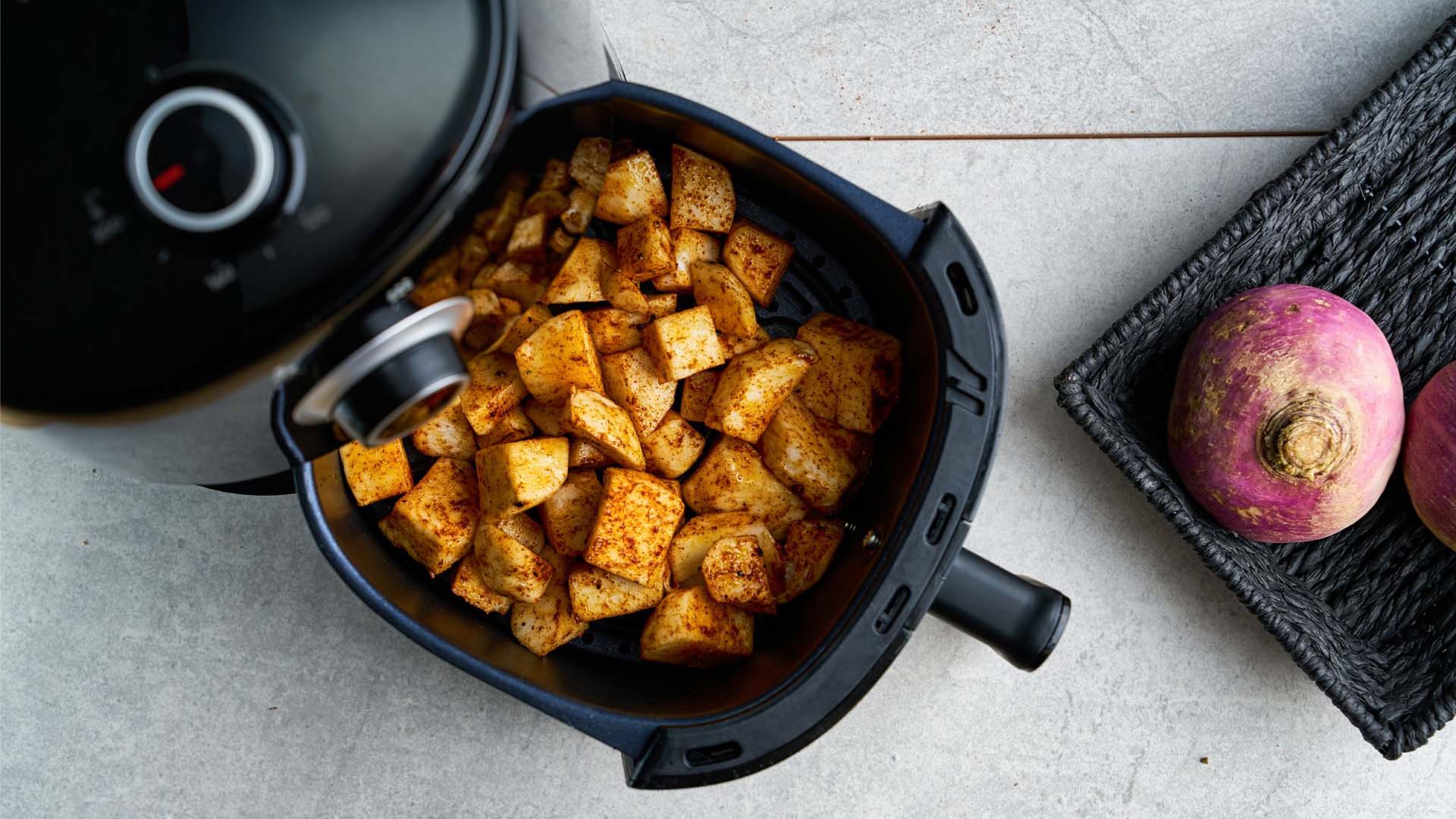
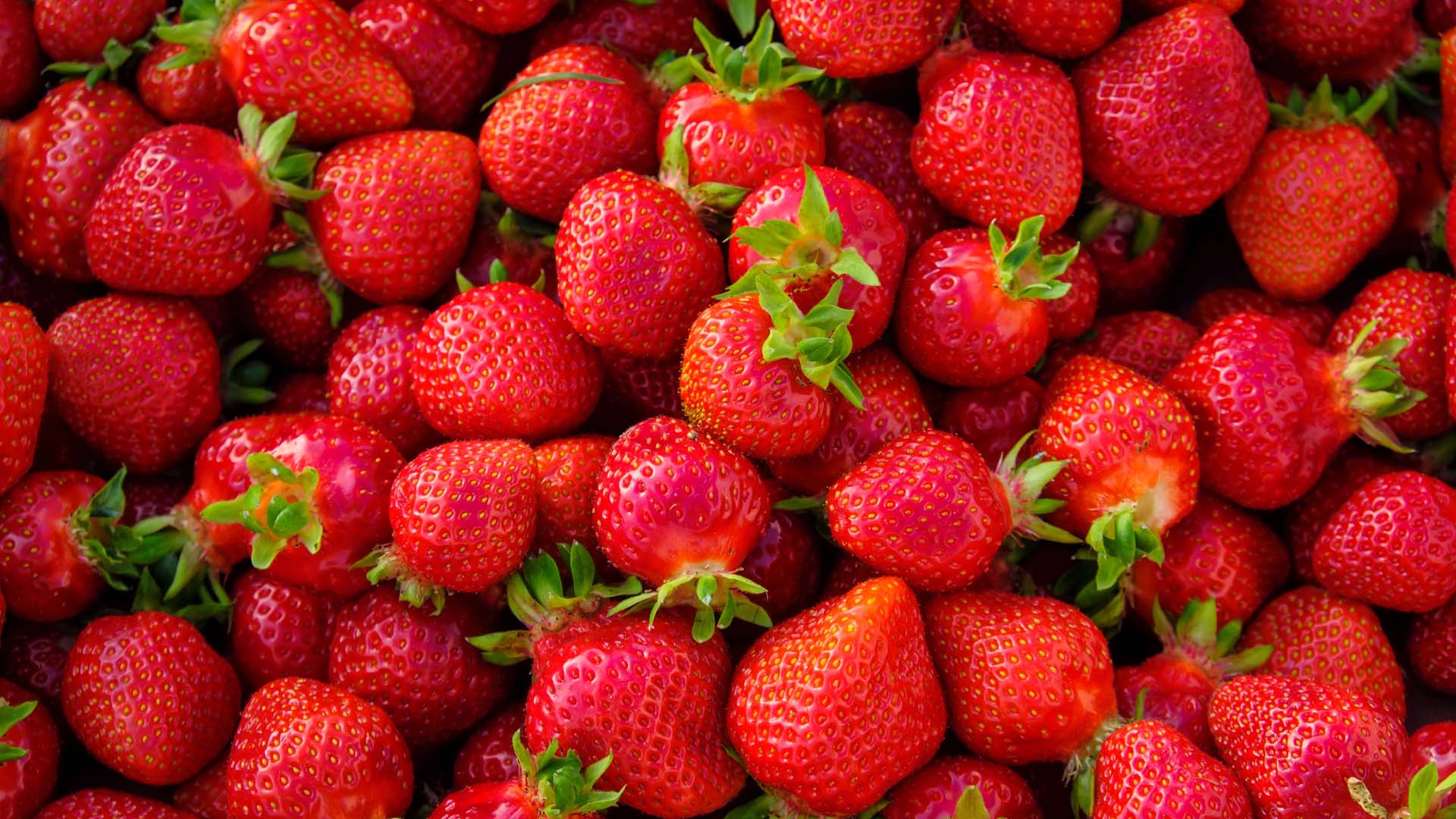
Strawberries don't just taste and look great, they are full of fibre, help your heart health and may even stave off dementia.

Looking after your gut health could be one of the biggest things that you can do for your overall health. Here are the best foods to keep your gut happy.
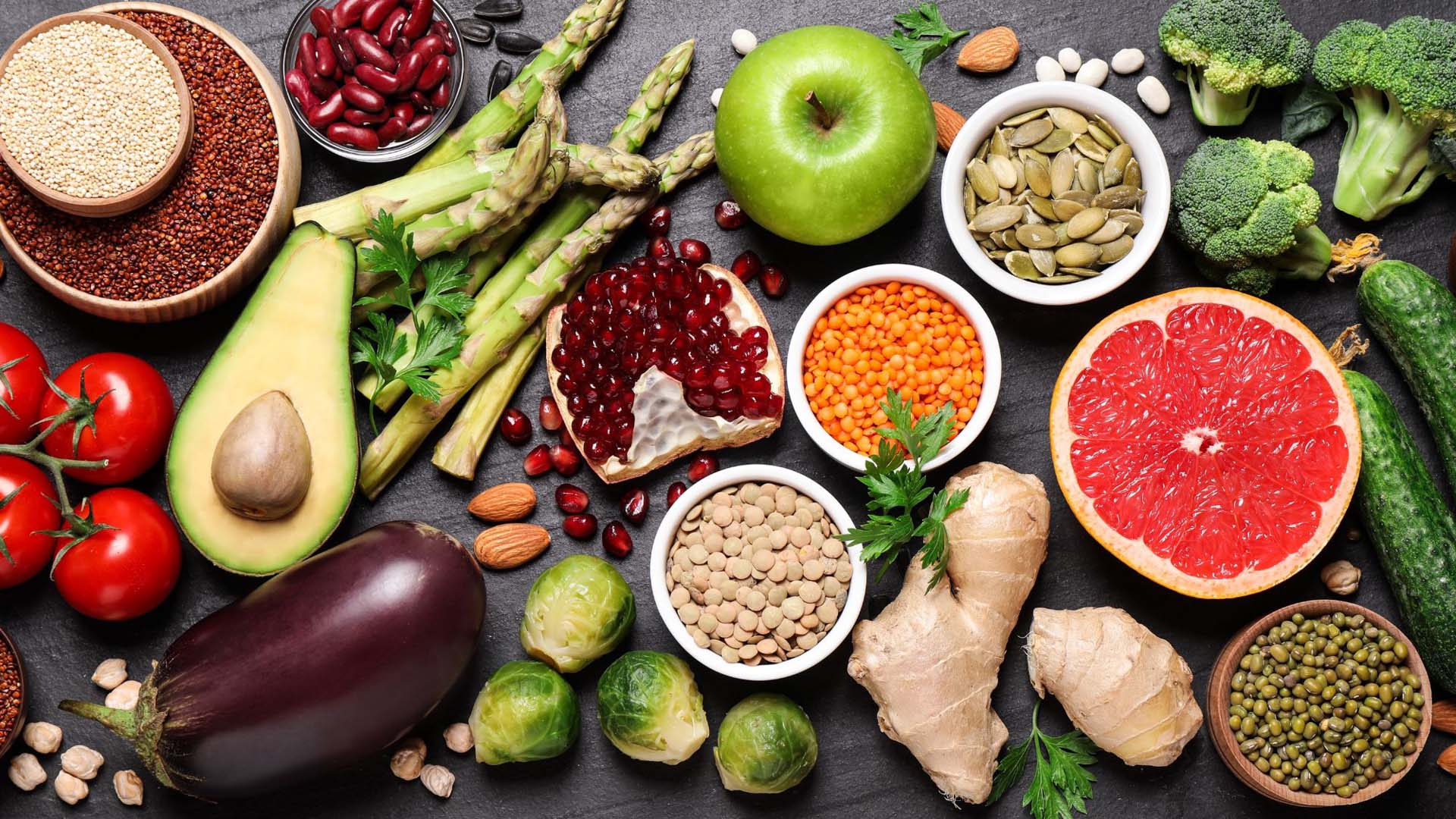
The foods that could help you live longer and protect against chronic illness.